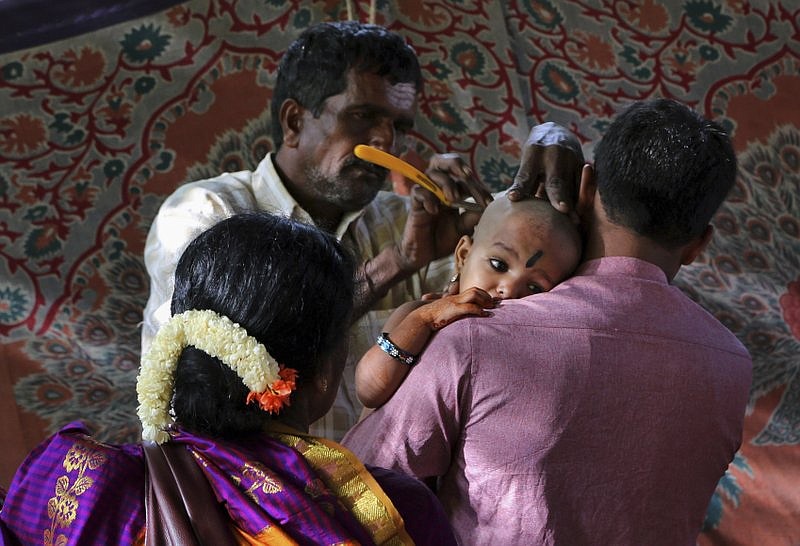NEW DELHI (AP) - Posing as customers, the three men entered a little New Delhi workshop early one morning. Then one pulled out a gun, and the trio demanded the most valuable thing there: Hair.
They fled a half-hour later with 200 kilograms (500 pounds) of wigs and raw hair worth more than $20,000, police said Thursday.
They left behind a wig-maker deep in debt.
"People think wigs are cheap but they cost a fortune to make," Jahangir Hussain told The Indian Express newspaper after the robbery last Friday. He said he had borrowed more than $17,000 to buy hair last month from South Indian wholesalers.
"We breathe life into dead hair," said Hussain, who proudly says his wigs can last a decade if they are cared for properly.
Hair is big business in India, estimated to bring in more than $300 million a year, with wigs and hair extensions exported around the world. Much of the hair is collected at Hindu temples in South India where devotees have their heads shaved as a form of religious sacrifice. The best-known temple for tonsuring, as the practice is known, in the town of Tirupati, collects hundreds of tons of hair every year, auctioning it off for millions of dollars.
